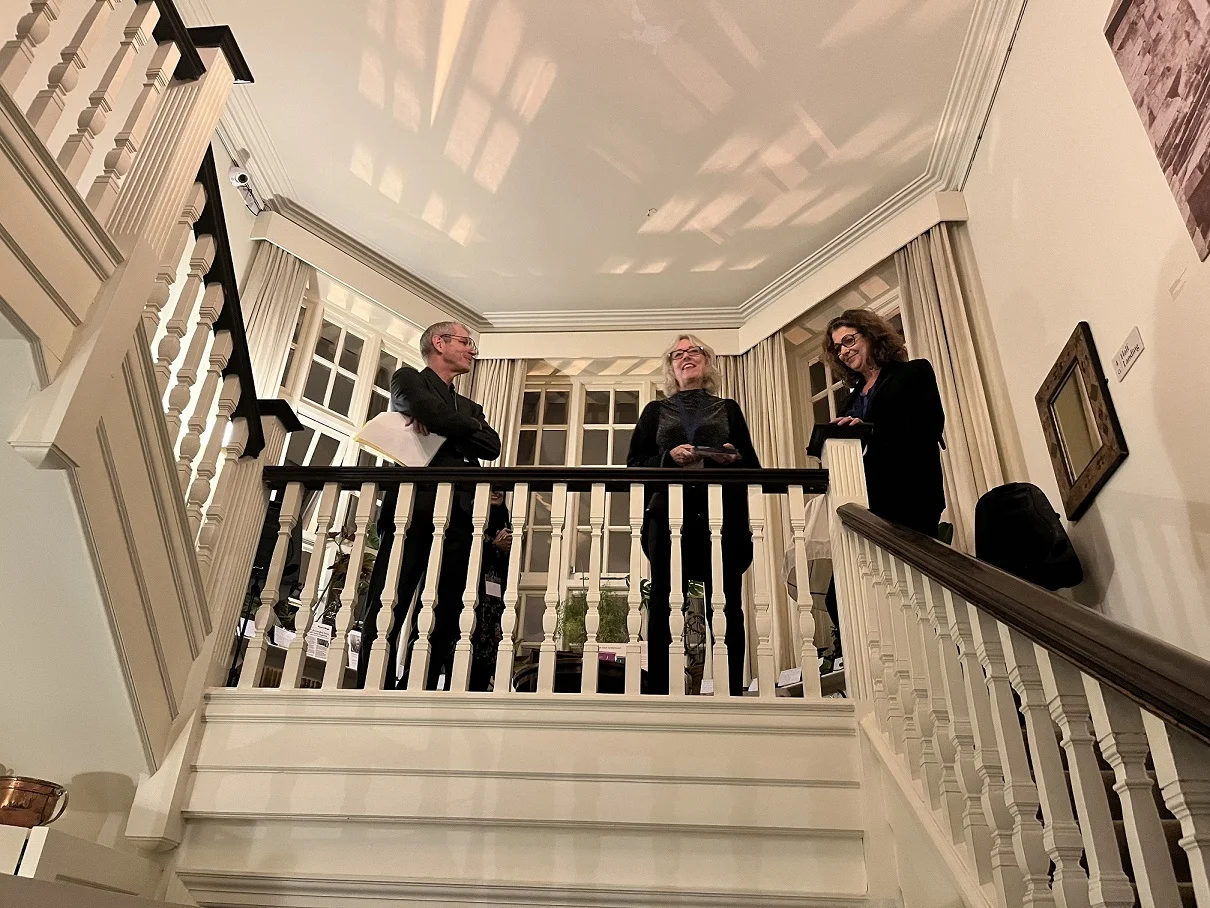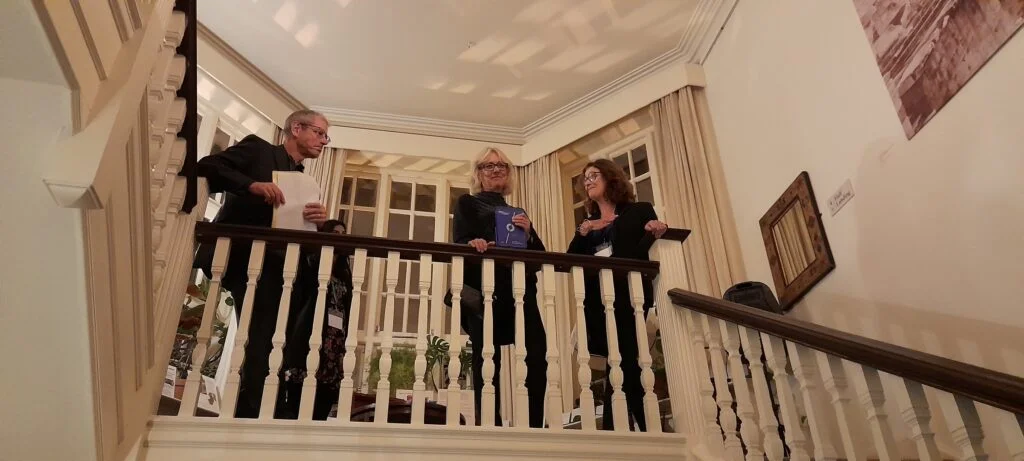
News
Tavistock and Portman’s Dr Jo Stubley and Trauma Service win Innovative Excellence Award
Dr Jo Stubley, Consultant Medical Psychotherapist, and our Trauma Service took home the Innovative Excellence Award, at the British Psychoanalytic Council’s (BPC) 30th anniversary event, at the Freud Museum London last weekend.

The award celebrates a “striking example of ground-breaking work” and can be in terms of “clinical practice, research, or socially inclusive practice, such as working with sections of the community who may traditionally find access to therapeutic treatment difficult.”
On being nominated and selected as the category winner Jo said: “We are really pleased about this award and really proud about what the team is able to do. But we have to remember this is in a context where it is extremely difficult for anyone working in the NHS at the moment. Our team has been able to be creative and develop a programme but that has to be taken with the fact that it is very painful that not enough people can access it. We would like to have more possibilities for that.”
Sara Scott, who leads the Non-Recent Child Sexual Abuse team within the Trauma Service said: “I am very proud of the team, this is really difficult work. We have a young team who make an enormous effort to try and reach people in a way they might not always have been trained to do. They adapt and are flexible and think of doing things differently. You can’t do this work without being in a good functioning team. It is the team that allows the work to happen.”
The service helps people aged over 23 who have experienced traumatic events in childhood, including sexual or physical abuse, that continue to significantly affect their lives.
Trauma may come in many different forms. It may be a single episode of trauma such as an assault, a road traffic accident, a natural disaster or the loss of a loved one by murder or suicide.
Around 1 in 3 adults in England have experienced at least one traumatic event.
Jo said: “Most of our patients have developmental trauma – trauma that happens in childhood – that might be an adverse childhood experience such as neglect, emotional, physical or sexual abuse, witnessing domestic violence, having a parent with mental health issues, the death of a parent. There’s a broad range of people and they often have more than one of these experiences.
“Our experience is the external world has gotten much more difficult for people, especially since the pandemic. A lot of people come to us and have housing issues, problems with their benefits, they don’t have much of a social network, they’ve often got themselves into all sorts of trouble in their lives and come to us in a real state. They’ve likely waited for a long time and are often suicidal, really struggling and the services around us aren’t as much of a wraparound as they used to be.”
Established in 1989, our Trauma Service uses a trauma-informed psychoanalytic approach, and various interventions, depending on what is best for the individual.
Therapists work with their patients to agree a care plan tailored to individual needs. This might include trauma-informed psychotherapy, specialist groups such as art therapy, yoga and/or gardening, practical support from a team member and peer support from experts by experience.
“We’ve done all of this on a shoestring and built these groups out of nothing, it’s what we felt our patients needed. I think that’s part of the reason why we’ve won the innovation award. In a really resource-strapped environment it’s very hard to think about how to do more and it’s important we acknowledge these are not just nice little additions but essential to the therapy people do, they make sense and there’s evidence for them,” said Jo.
The Trauma Service also works hard to raise awareness of trauma. They often host lectures and workshops for external organisations. They have published a book, Complex Trauma: The Tavistock Model, and are currently developing training for people across the health and social care workforce.
